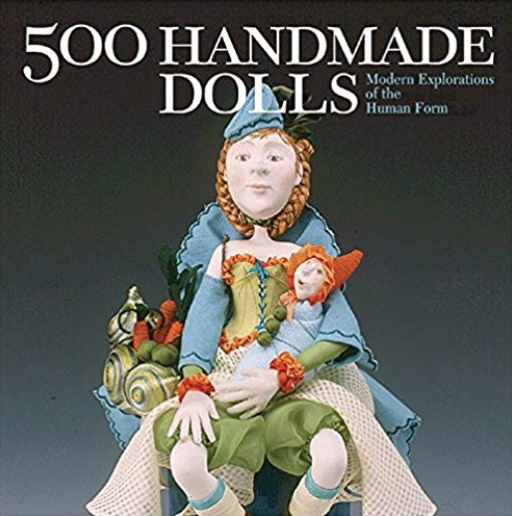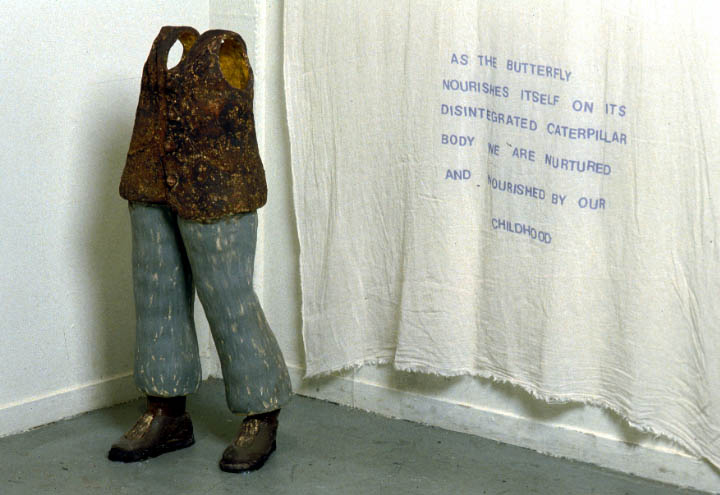#MeToo
For thousands of years patriarchal society has been the norm in most cultures of the world. Many of our most popular founding myths (from Greco-Roman and Christian cultures) are based on a patriarchal society.
Persephone was raped by Haides and was forced to marry him. Her father Zeus was a philandering rapist.
The Virgin Mary didn’t fare much better. She did not choose her pregnancy. God sent the angel Gabriel to announce that she was having his child. She had no say in the matter.
With my goddess series I want people to ponder on the origins of patriarchy in the hope that it will promote an awareness of women’s plight in a male dominated society and the need for change.

























Social Commentary
Pondering what society considers acceptable.